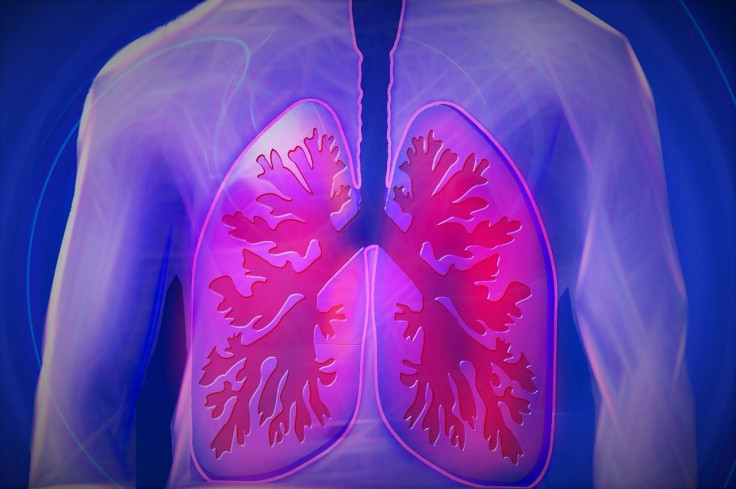Air Pollution Can Lead To Lung Damage Even In Non-Smokers, Study Finds

Air pollution is a major cause for lung damage even among non-smokers, according to a study. The study stated that exposure to pollutants, like ozone and black carbon can increase the risk of lung diseases.
The study that was published in the medical journal JAMA on Tuesday looked into the association between long-term air pollution and quantitatively assessed change in lung function.
The researchers from the University of Washington in Seattle found that longer exposure to air pollutants even in a clean environment can lead to chronic lung problems.
In the United States, millions of people are suffering from different types of lung diseases, including Asthma, Chronic Obstructive Pulmonary Disease (COPD), Influenza, Lung Cancer, Pulmonary Fibrosis (PF) and Pneumonia, according to American Lung Association.
Previous studies have suggested that air pollution can worsen lung disease in people who are already suffering from it. While the current research stated that air pollutants can also affect those who do not have lung disease.
For the study, the researchers looked into the four major types of air pollutants – ozone, nitrogen oxide, black carbon and PM 2.5 – and assessed the levels of these pollutants near the homes of 7,071 people in 6 U.S. cities.
While ozone is produced when industrial and traffic fumes react with sunlight, nitrogen oxide is a by-product of fossil fuel combustion. Whereas, black carbon is produced from traffic and coal-powered factories. Meanwhile, PM 2.5 is a mixture of liquid droplets and solid particles that includes smoke, soot, dirt and dust.
Of all the participants, 46 percent of them were non-smokers and 22 percent had some kind of airflow obstruction at the start of the study period. The researchers looked into the proportion of cell damages in each of the participants with the help of CT scans and a lung function test called spirometry.
The research team then observed the participants for 10 years and found that people who were exposed to a large number of air pollutants were likely to be at increased risk of liver damage over time. They also found that higher levels of exposure can lead to chronic emphysema even in those without any type of smoking history.
The researchers noted that a limitation of the study is that it focussed only on air pollutants near the participants’ home address and it did not look into the amount of time they spent away from home.
“People don’t spend all their time sitting on their front steps, so while we have a very good idea about their air pollution exposures, the exposures are a bit different indoors and when they travel to other places,” researcher Joel Kaufman said.
“Staying indoors on high air pollution days and having a good air filter at home can be helpful in highly polluted environments. Great progress has been made in reducing air pollution concentrations due to health-based air quality protections and this needs to continue to be strengthened. Ozone concentrations in particular still need attention and reducing the use of fossil fuels and slowing climate change will help reduce these exposures too,” the researcher told Reuters.
© Copyright IBTimes 2024. All rights reserved.





















